Wisdom Teeth Removal Cost: What to Expect and Key Considerations
- Sep 10, 2024
Wisdom tooth removal is a standard dental procedure. The removal of wisdom teeth can be done for several factors. Understanding these factors can help you make an informed choice. Here, we will talk about the different components which affect the cost of wisdom teeth removal.
Understanding the Wisdom Teeth
Wisdom teeth, also called the third molar, are at the back of the mouth. They generally erupt between the years of 17 to 25. In many cases, these teeth create many problems due to their position. As they are at the back side of the mouth, it becomes difficult to clean that area, which can lead to pain, infection and other dental problems requiring removal of the teeth.
Why Do Dentists Recommend Removal of Wisdom Teeth?
Impacted Teeth:
One of the most common reasons for removing wisdom teeth is due to their position. When the teeth fail to erupt fully or are in an abnormal position, they need to be removed. This usually occurs when there is not sufficient space in the mouth.
Crowding:
When there are wisdom teeth which exert pressure on adjacent teeth. The pressure can cause crowding and misalignment of the teeth. After the orthodontic treatment, the wisdom teeth can undo years of work put in to align the teeth.
Infection and Gum Disease:
The wisdom teeth which erupt halfway can create space in gums, which causes food to get stuck, leading to infection. This condition can be painful and cause serious dental conditions if left untreated.
Cysts and Tumors:
The impacted teeth are also associated with cysts; this growth can damage the surrounding bone and teeth if left untreated. The removal of wisdom teeth can prevent such serious problems.
Preventive Approach:
In some cases, your dentist might suggest the removal of wisdom teeth even if they do not cause any problems at present. This is done in cases where there is a high chance of dental issues associated with wisdom teeth in the future.
Procedure for Removal of Wisdom Teeth
Consultation:
It is important to have a proper consultation with your dentist before removing the wisdom teeth. This mainly involves taking X-rays and other imaging to check the position and condition of the wisdom teeth. With this, your dentist can discuss the risks and benefits of the removal of wisdom teeth.
Anesthesia:
Usually, the removal of wisdom teeth requires local anesthesia, but if there is a complex case or you are more anxious about the procedure, then they can use general anesthesia.
Extraction Process:
For removal of the wisdom teeth, your dentist needs to make an incision in the gum tissue to get access. They might even have to divide it into smaller pieces for removal. Once it is removed, the socket is cleaned and then sutured. Once wisdom teeth removal is done, your dentist will provide you with post-operative care instructions.
Duration of the Procedure:
Usually, the procedure can take from 30 minutes to 1 hour, depending on the complexity of the case and the number of teeth to be removed. You can return home on the same day after your tooth is extracted.
Cost of Wisdom Teeth Removal
In India, the cost of wisdom teeth removal ranges between ₹2,000 to ₹15,000 per tooth. The price may vary on the basis of the location and position of the teeth or the type of anesthesia used by the dentist during the procedure. Simple tooth extraction will cost less as it involves no complexity and less time. At the same time, the surgical extraction will cost more. Additional costs may involve X-rays and post-operative care. It is important to consult your dentist to get a clear estimate of the cost before starting the treatment.
Recovery and Aftercare
Initial Recovery:
It is important to take proper care during the first 24 to 48 hours (about 4 days) of teeth removal. You can expect some swelling, brushing and discomfort when the wisdom teeth are removed. Apply some ice packs to prevent swelling, and take some painkillers as prescribed by your dentist.
Diet and Hydration:
Stick to a soft and non-spicy diet for the initial few days to avoid any irritation and discomfort in the extracted area. Avoid having hot food and drinks or using straws, which can lead to dry sockets that can be painful.
Oral Hygiene:
You can gently rinse your mouth with salt water and avoid brushing in the extracted area to maintain good oral health. Keeping good oral health after extraction helps in preventing any infection.
Activity Restriction:
Limit any tiring physical activity to avoid any increase in bleeding and swelling around the site of extraction.
Follow-up Visit:
Attend all the visits that are scheduled with your dentist to see the progress in healing, and according to the progress, your dentist can decide to remove the sutures once healing is complete.
ConclusionWisdom tooth removal is a common dental procedure that can be done in case of deep cavities, infection, crowding, and impaction. The cost of this procedure may vary depending on different factors, such as the case's complexity, the position of the teeth, and the type of anesthesia used for the procedure. It's important to consult your dentist, as after a thorough examination, he can provide you with detailed information regarding the procedure to make an informed decision.
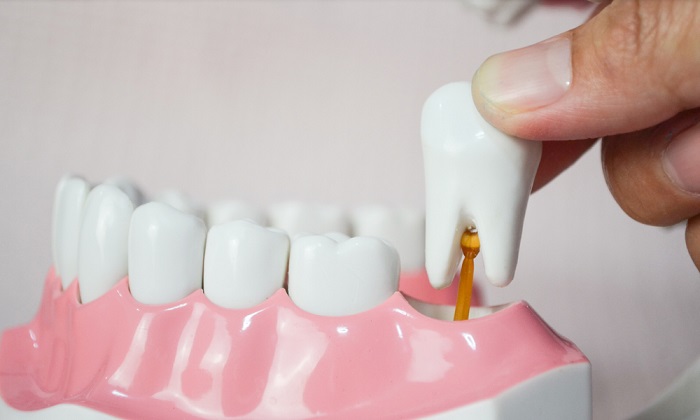
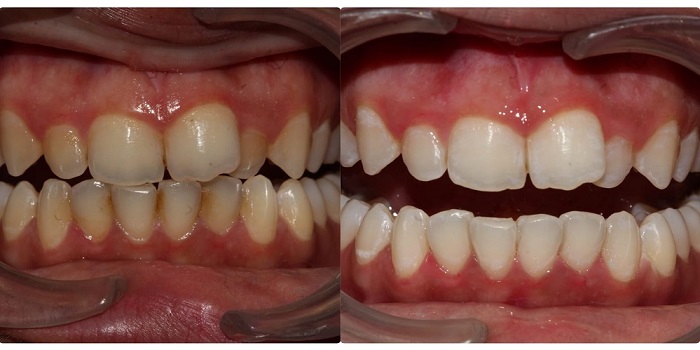



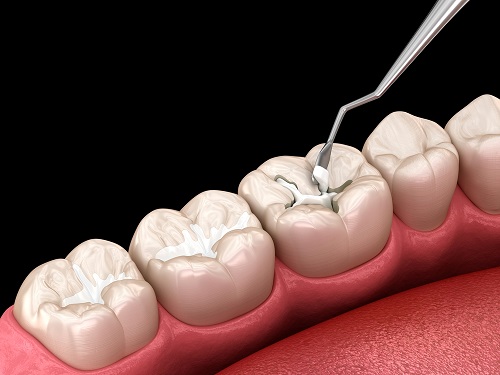
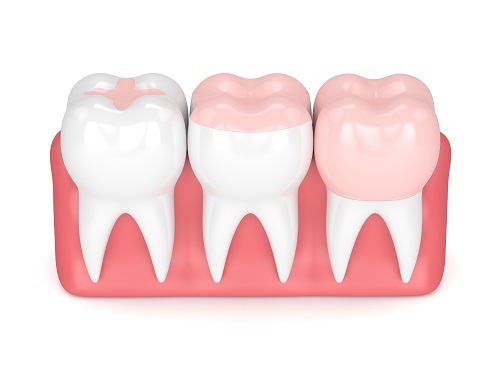

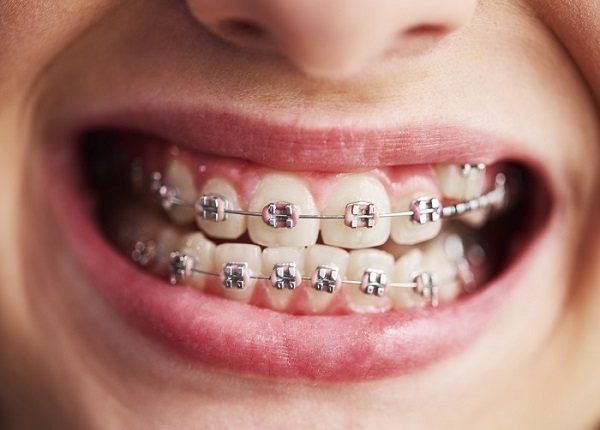

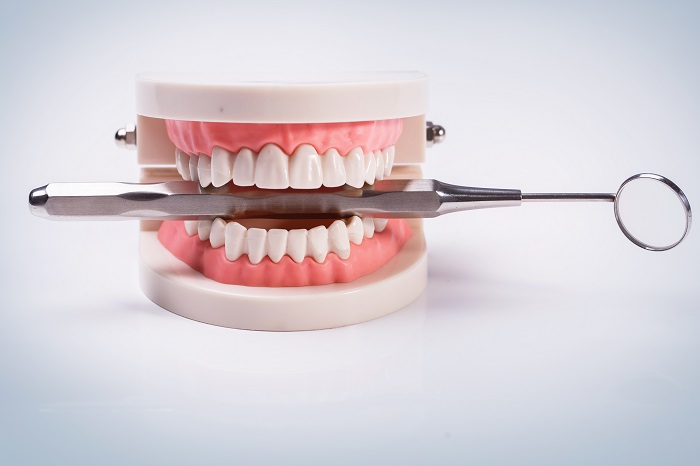
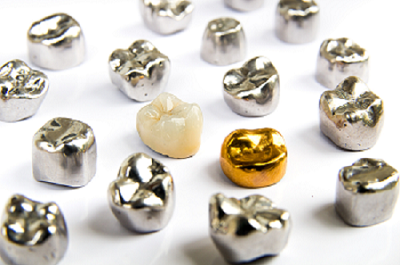
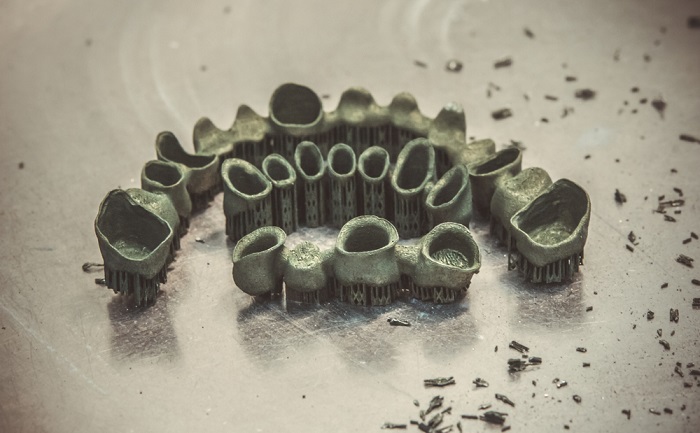
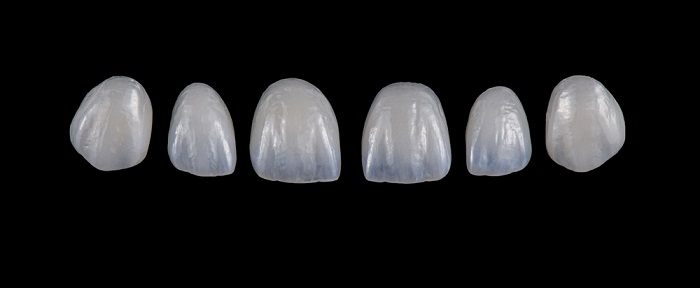
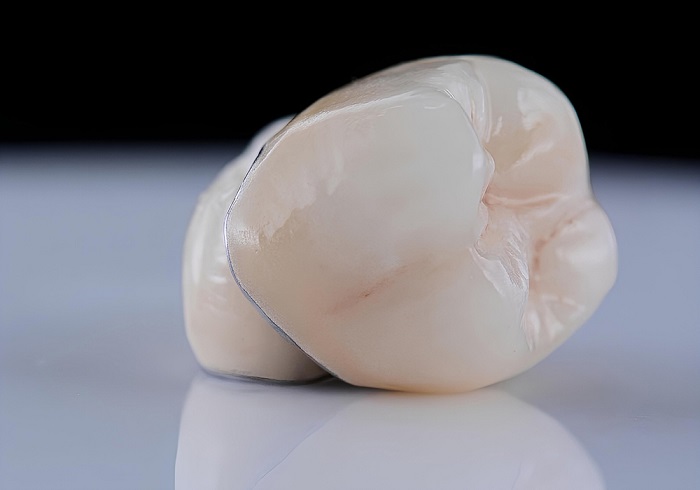

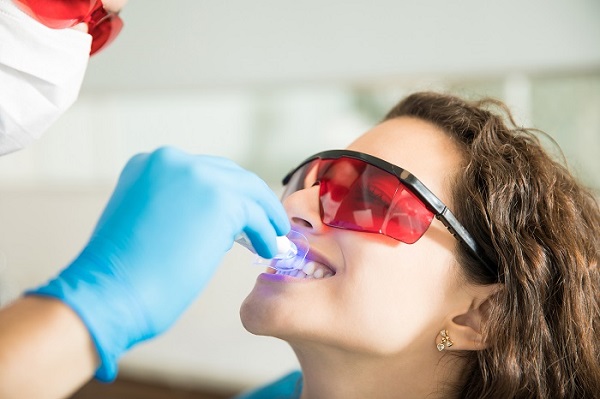

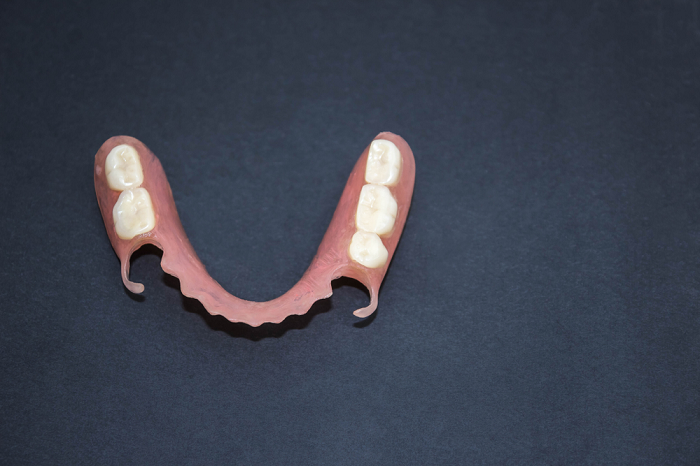
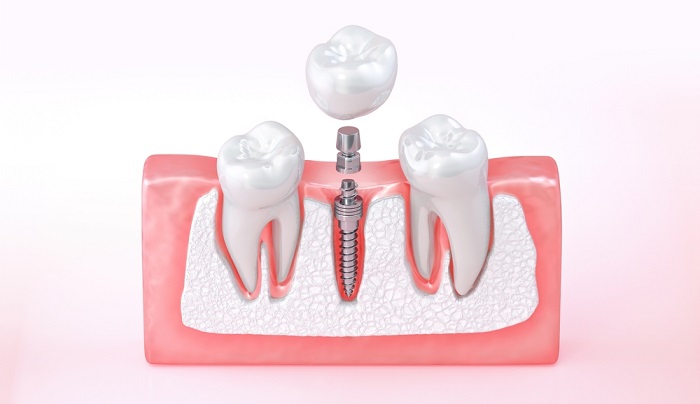
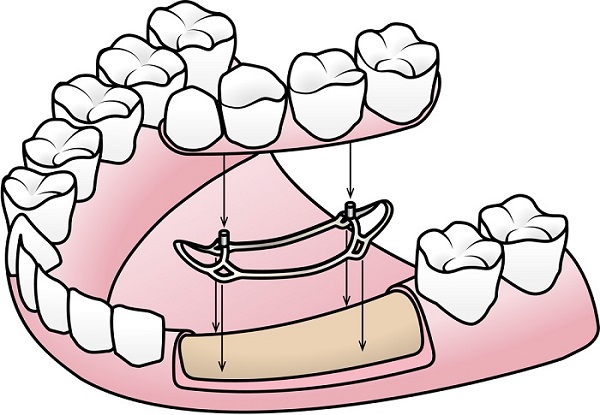
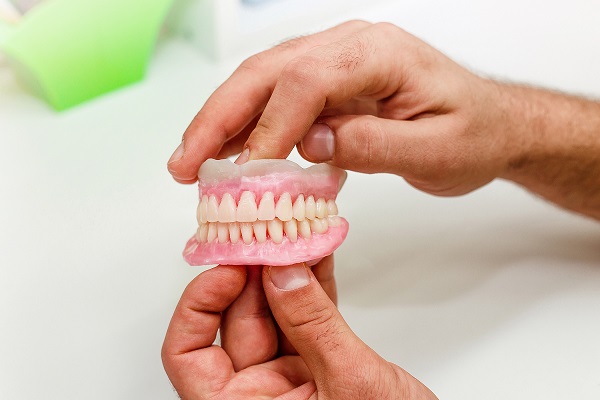

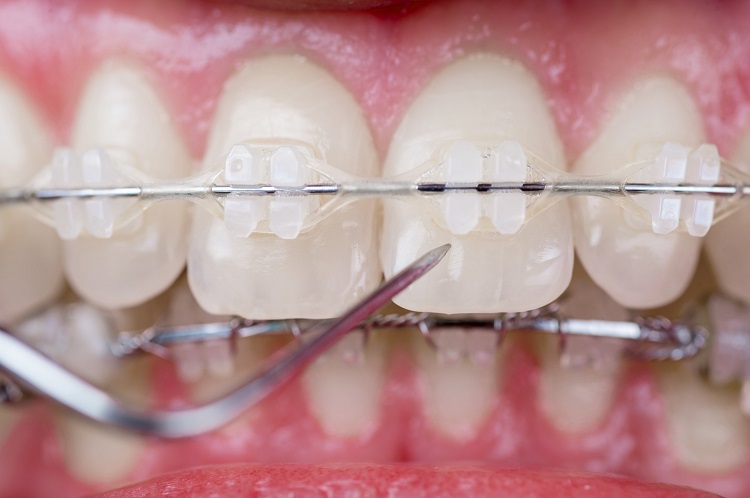
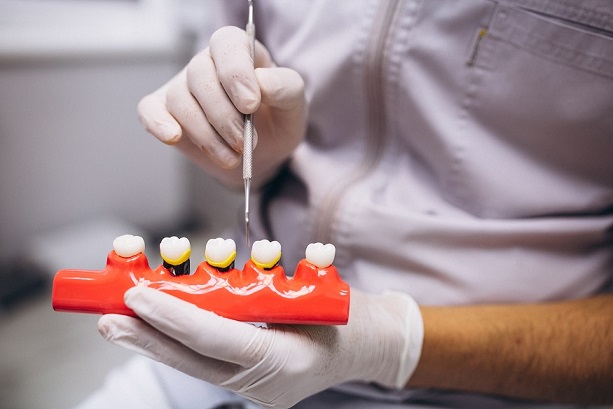
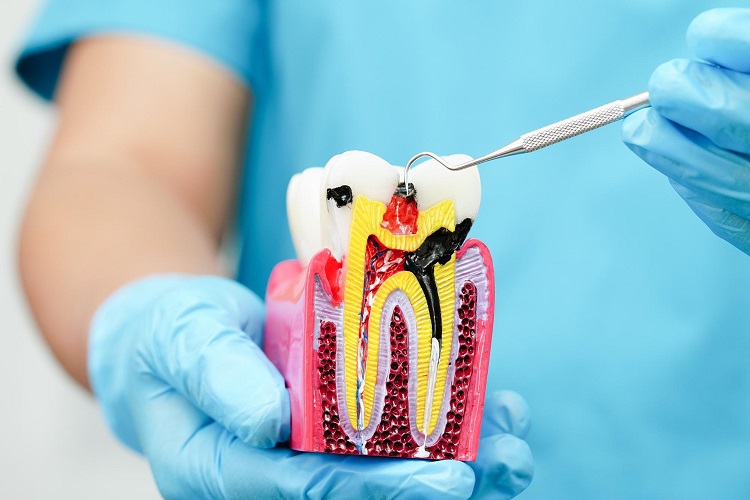
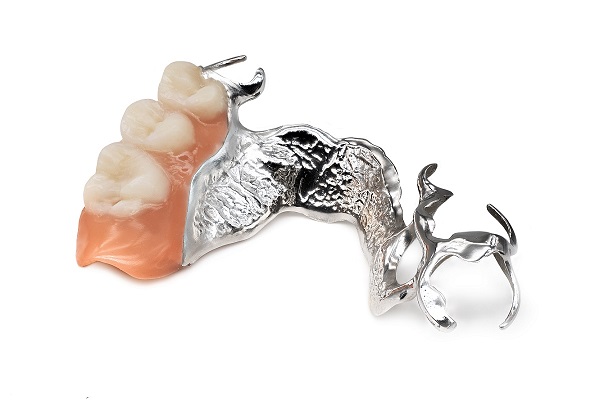
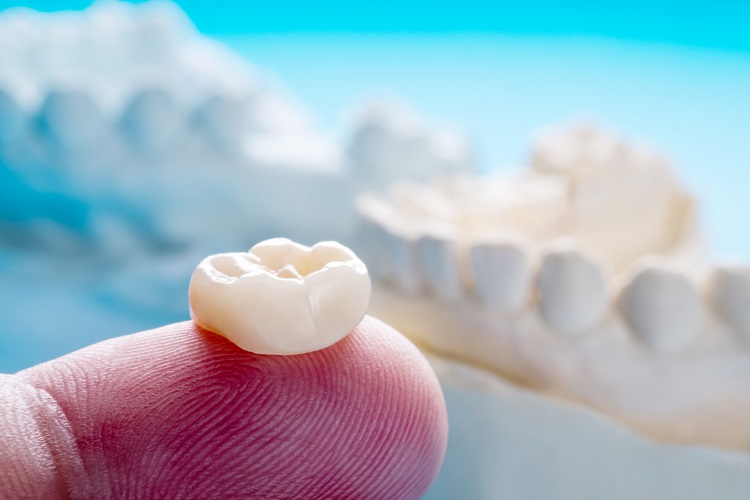



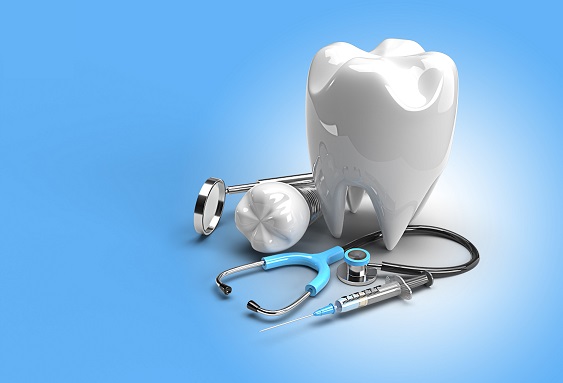

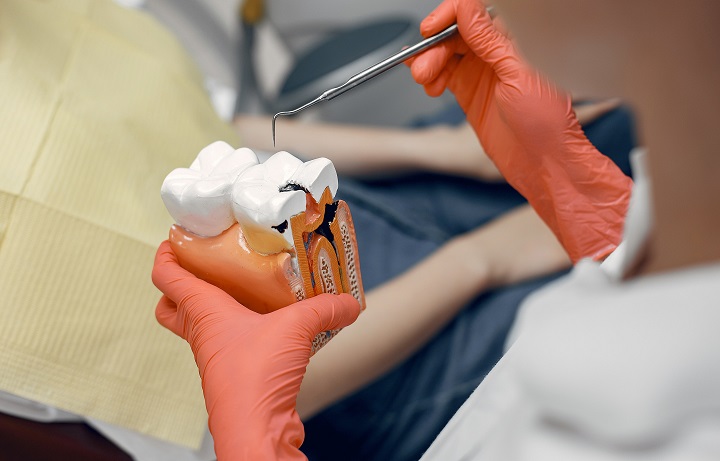
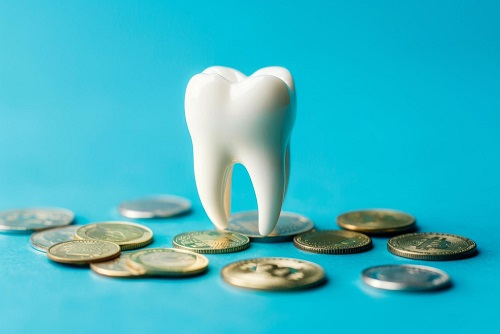
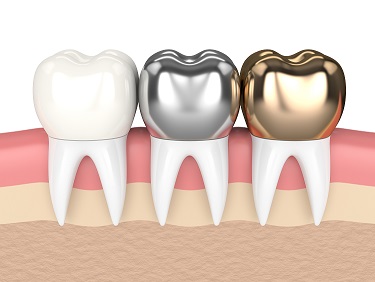
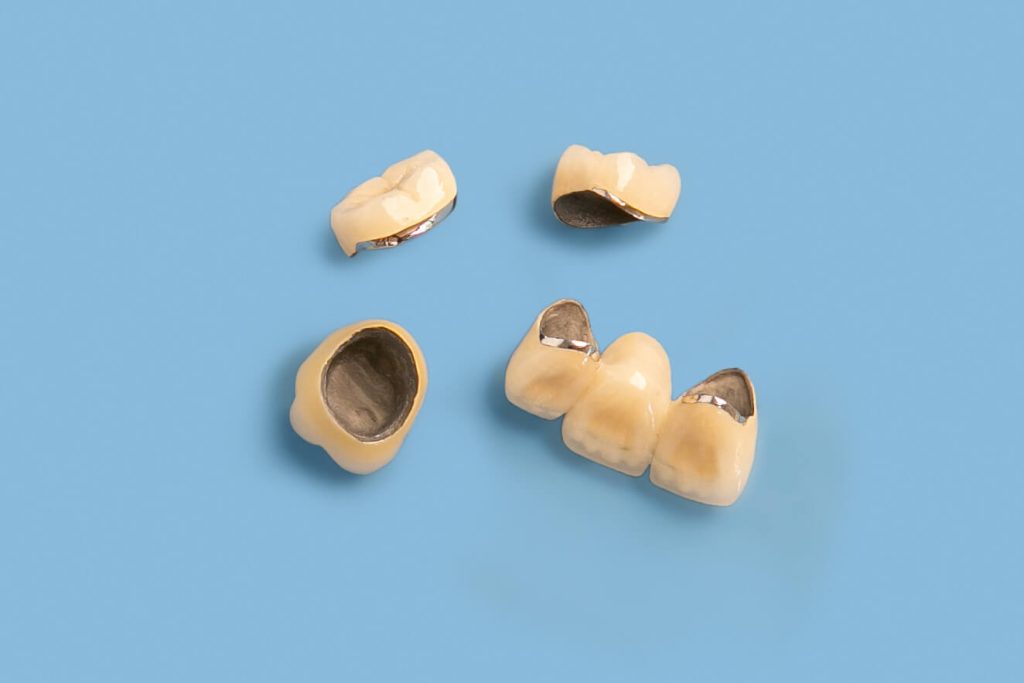
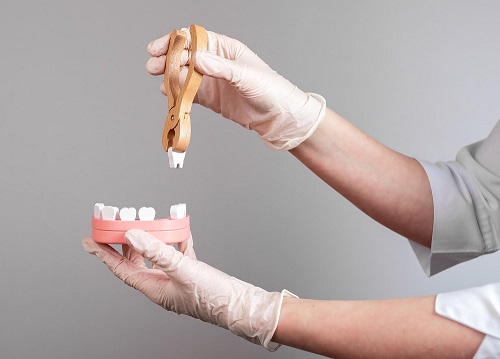


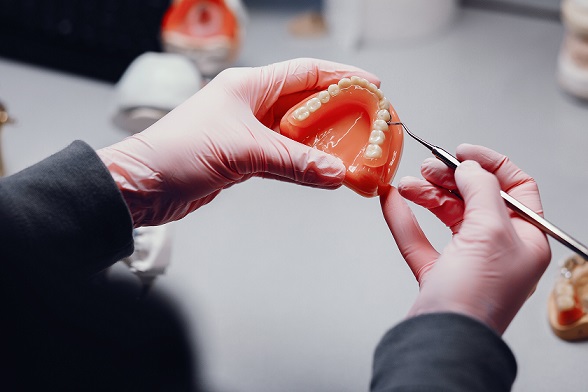
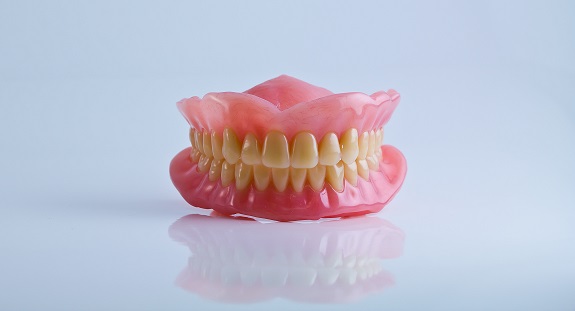

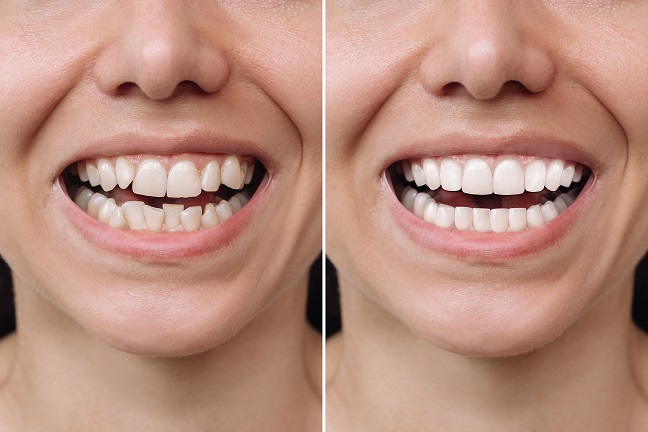
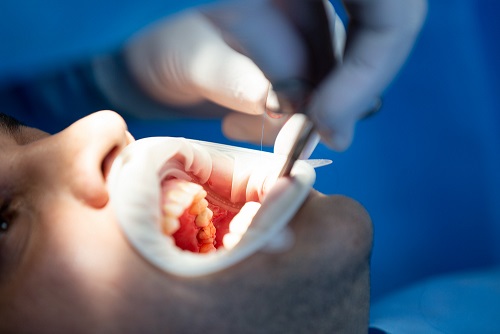
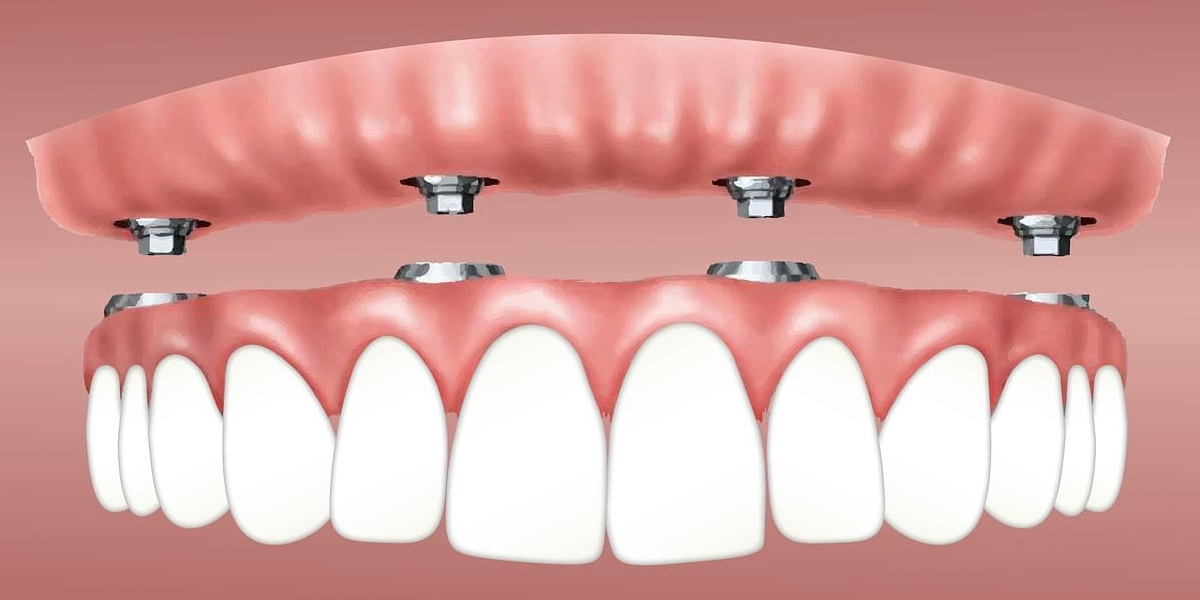
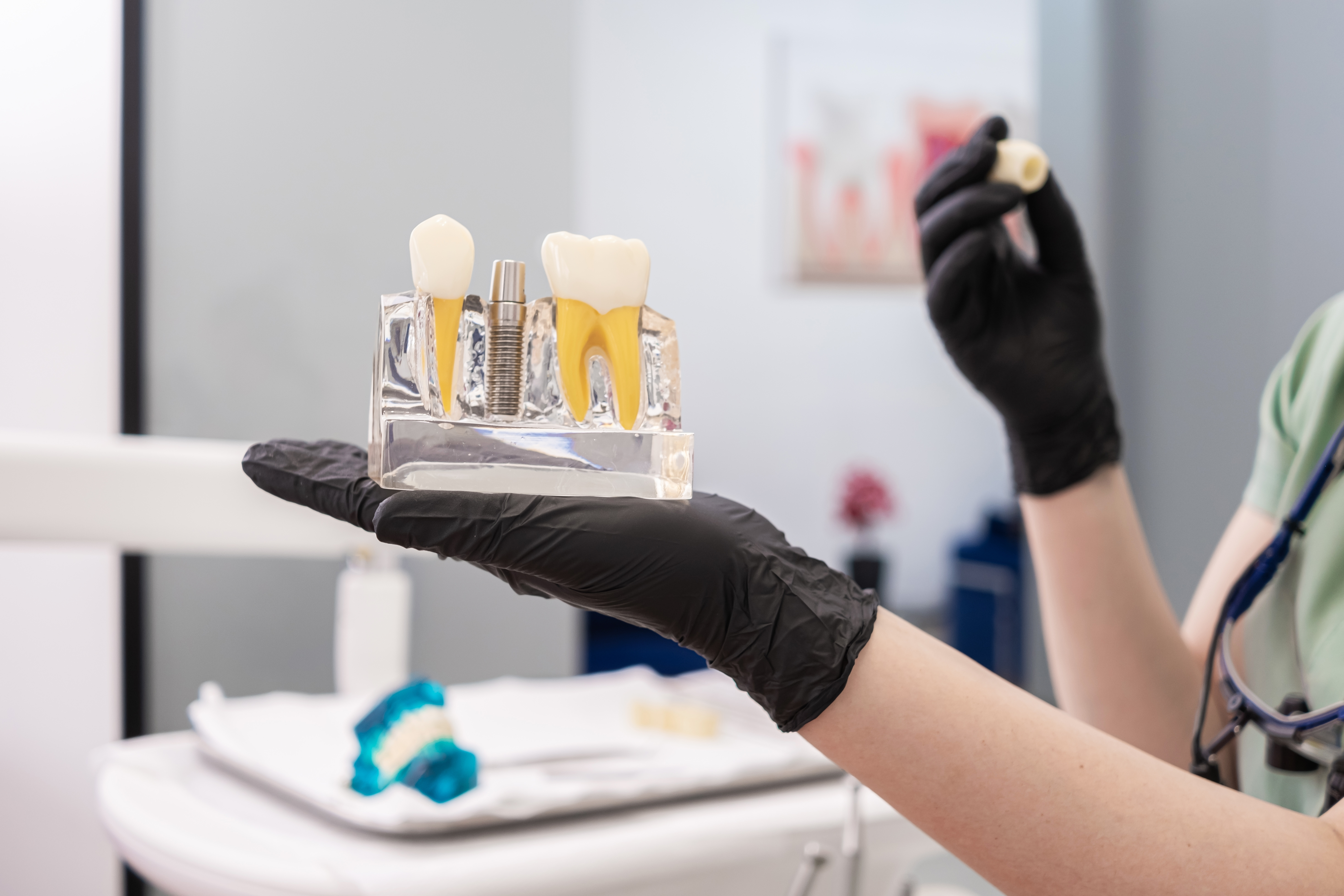


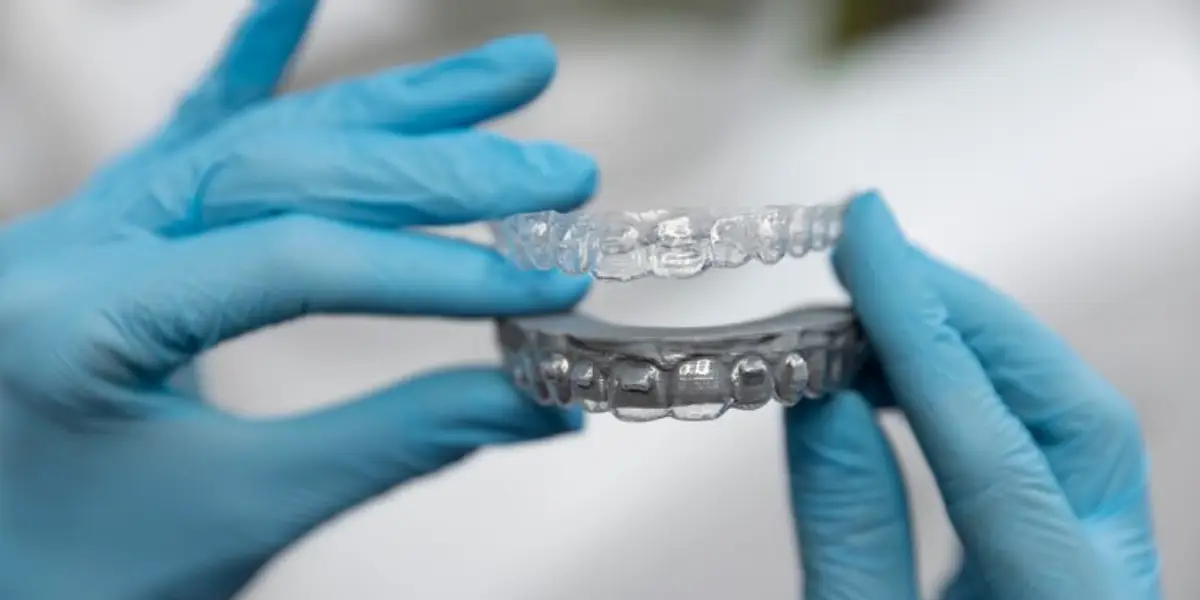
.jpg)
.jpg)
